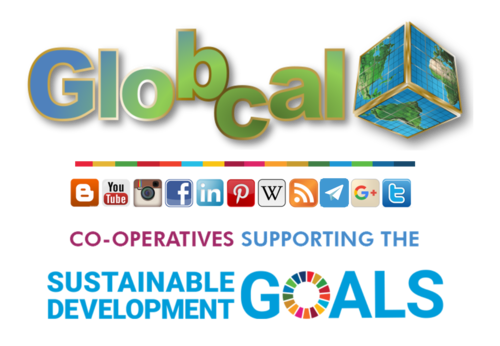Model United Nations, Social Network Embassy
In the Model UN Social Network Embassy (Diplomatic Corps), persons are selected from various networks that are familiar with their benefits and others who are competent in social networking where they operate the Social Network Policy Institute. Ambassadors are issued letters of credence with a clear diplomatic assignments to promote information communications technology in their respective territories through actively using techniques and methods that are considered as best practices by the institute. Ambassadors fulfill their roles by learning about diplomacy, adapting its application, and demonstrating its practicality on Facebook and other networks.

The diplomatic corps is a training ground and content resource group on Facebook that permits those learning about diplomacy and best practices that want to become ambassadors to contact other ambassadors and learn about what we do. We also have auditors, mentors, and observers that have the opportunity to consult with our members.
The ambassadors promote a baseline of new media | social media content relative to issues which has been recognized as non-regional matters in benefit of all of humanity such as; peace, environment, human rights, anti-corruption, and other matters that have evolved in the public view as politically correct.
The MUNSNE program was developed to work together cooperatively with many social networks that have proven to be valuable in the development of their own social networks and the new media forms that have evolved therein. Our collective effort focuses on etiquette, protocol standards, rules of engagement, and the establishment of social networks as a professional tool for internet users as a verifiable, safe, and secure mode for completing governmental, diplomatic and international work. To accomplish this work the program has adopted a number of topics and agendas that indifferently and positively promote non-controversial and non-violent communications among these networks.
The program engages cooperative owner agents who serve as secretaries, ambassadors, consulates, delegate members, and individual citizen members that are active within and interact throughout the Internet in an array of social networks and forums on a daily basis. Ambassadors have all had their identities confirmed and sign special agreements to interact as our officials within the Embassy and throughout the world independently within other networks under our rules of engagement with others. Together collectively, the diplomats provide and share information in the embassy to help one and the other extend and promote ethical social networking practices, present worthwhile projects, and introduce developing protocol standards from the core group.
The Social Network Embassy program has several primary activities that it performs online in other networks:
- Liaison with other social networks through their individual members and by means of groups to study, evaluate, and review network methodology relevant to communication and privacy.
- Promote social networks that we have evaluated, tested, and endorsed as conformable to our international standards applicable to be recognized as a cross-platform integral network.
- Establish an ISO/ANSI specification for social networks that establishes a standard of good practice across multiple networks for professional network use, presentation, and style.
- Collaborate with major social networks and permit them to have input through their own independent liaisons, ambassadors, or from within their company and agents.
- Promote kindness and reciprocity to social networkers by demonstrating a goodwill agenda, networks that we endorse by using them, and a baseline message by selecting good value neutral content that has been adopted or ratified by most nations.
A basic website goes online this week to watch it develop you can visit the temporary site Globcal.
One of my favorite sayings is, "If you can't say something nice... don't say nothing at all. ..." Bambi 1942







